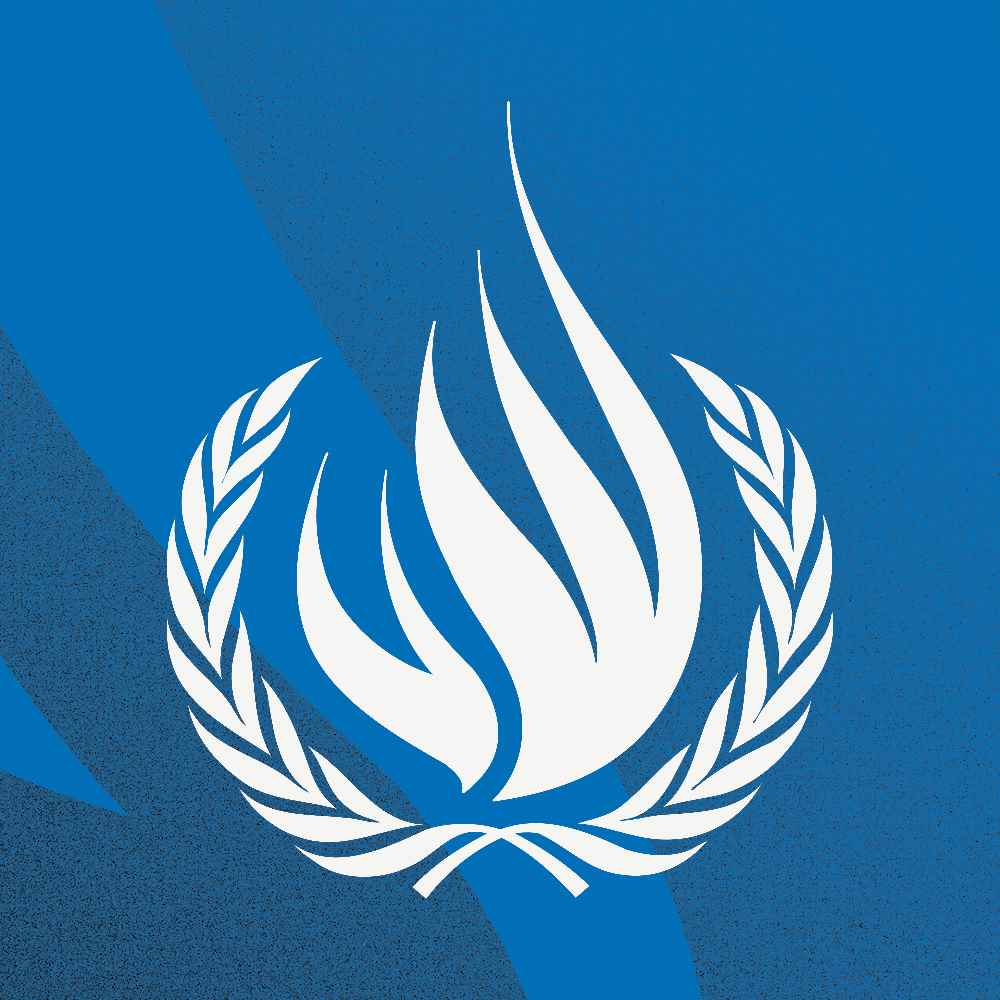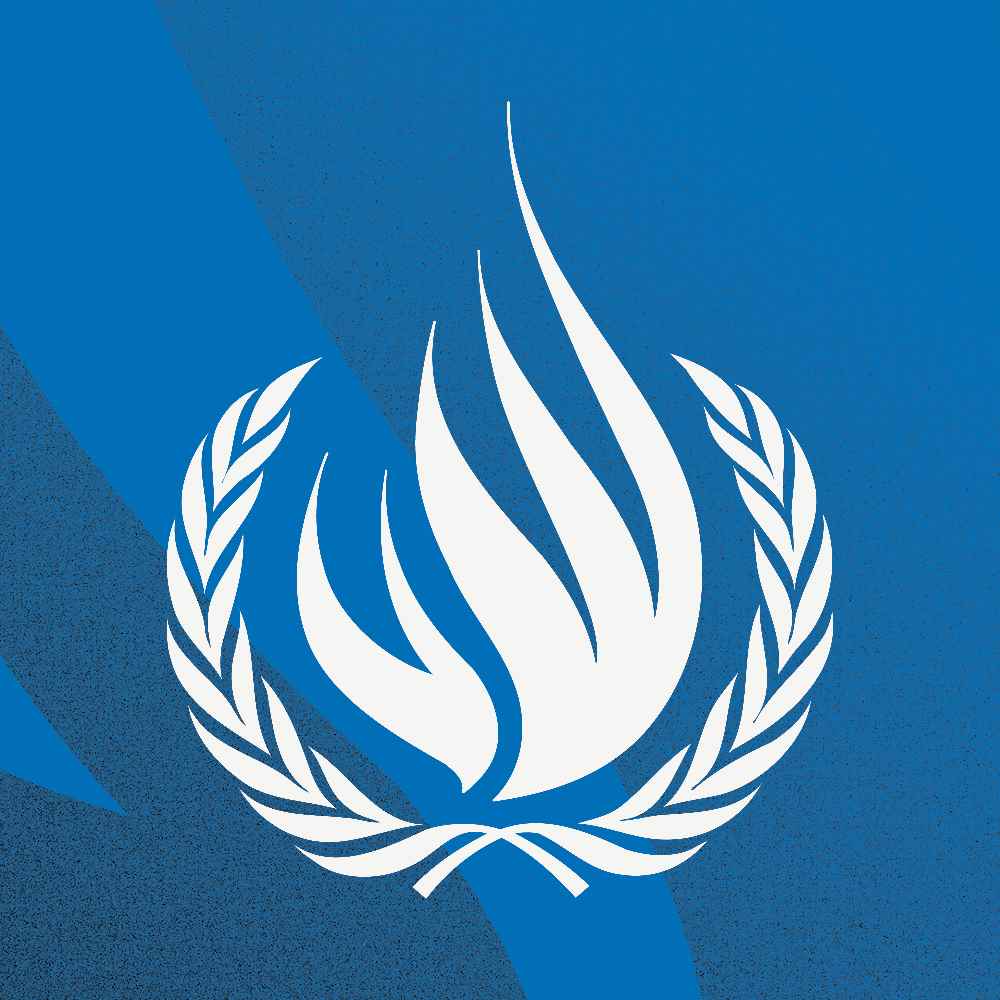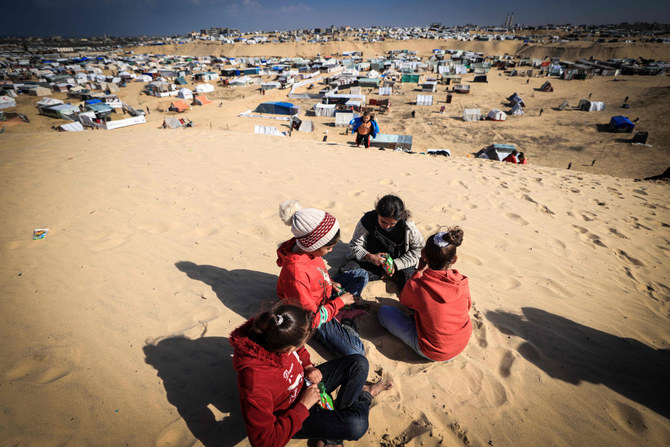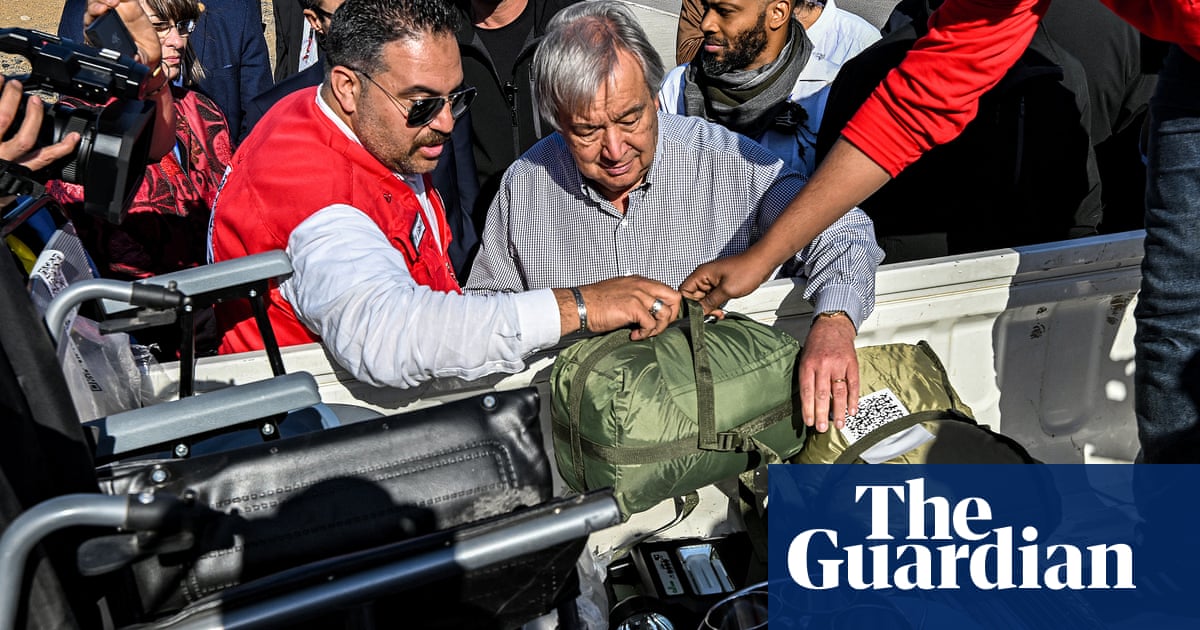
The UN has earmarked $100m (£75m) in emergency funding for seven countries deemed at risk of famine, warning that without immediate action the world could see “huge numbers of children dying on TV screens”.
The climate crisis, Covid-19, conflict and economic decline have created an “acute and grave crisis” in Afghanistan, Burkina Faso, the Democratic Republic of the Congo, Nigeria, South Sudan and Yemen, where millions of people are facing emergency levels of food insecurity, UN humanitarian chief Mark Lowcock told the Guardian.
Ethiopia, where drought is exacerbating a growing conflict, is to receive $20m of the money.
“This is absolutely not enough money to deal with the situation at hand, but what we’re trying to do is send a signal to the world that if we’re not careful, in a year from now we will ask ourselves why we didn’t prevent a bunch of famines across the globe,” said Lowcock.
“We absolutely hope that the major humanitarian financiers – the US, Germany, European commission and the UK – will step up. Overall, for this year in humanitarian action we need $20bn. By July, we only had $3bn. Covid-19 has pushed the number of people needing humanitarian assistance to 250 million people. The problem is growing faster than the money is growing, and that’s why we have this extreme situation now.”
The UN’s Central Emergency Response Fund (CERF) will distribute the money through a cash and voucher programme aimed at the most vulnerable, particularly women and girls, and people with disabilities, the UN said.
Afghanistan, where 3.3 million people are in need of food, will receive $15m. Burkina Faso will receive $6m; DRC, where nearly 22 million people will require food assistance by the end of 2020, will receive $7m. North-east Nigeria will receive $15m and South Sudan $7m. Yemen, where millions of people are struggling after five years of conflict, will receive $30m.
The UN announcement comes on the heels of a Care report published on Wednesday warning that the number of people experiencing serious food insecurity could nearly double before the end of 2020 due to the repercussions of Covid-19.
That report said that, for the first time, four countries were simultaneously bordering on famine: DRC, Nigeria, South Sudan and Yemen.
Donors have provided just 39% of the funding needed for 2020, Care said, compared with 63% in 2019.
Report author Sarah Fuhrman said the research makes clear how urgently the world needs to step up to take action now.
“This is not a problem that one country can solve. It requires concerted effort from every donor in every country to refocus and reconsider what their priorities are for their money and how we want to deal with a crisis that we can see coming,” she said.
“Do we want to look back on 2020 as the time when we let the pandemic and its effects get to a point where people were at huge risk of famine or do we look back and say, ‘We pulled together to literally save people’s lives’?”











